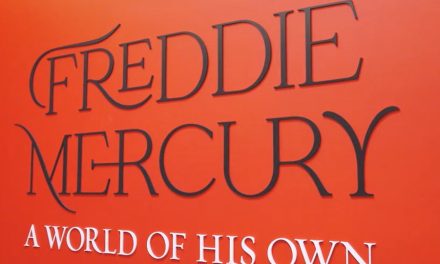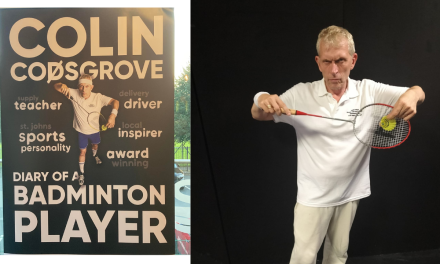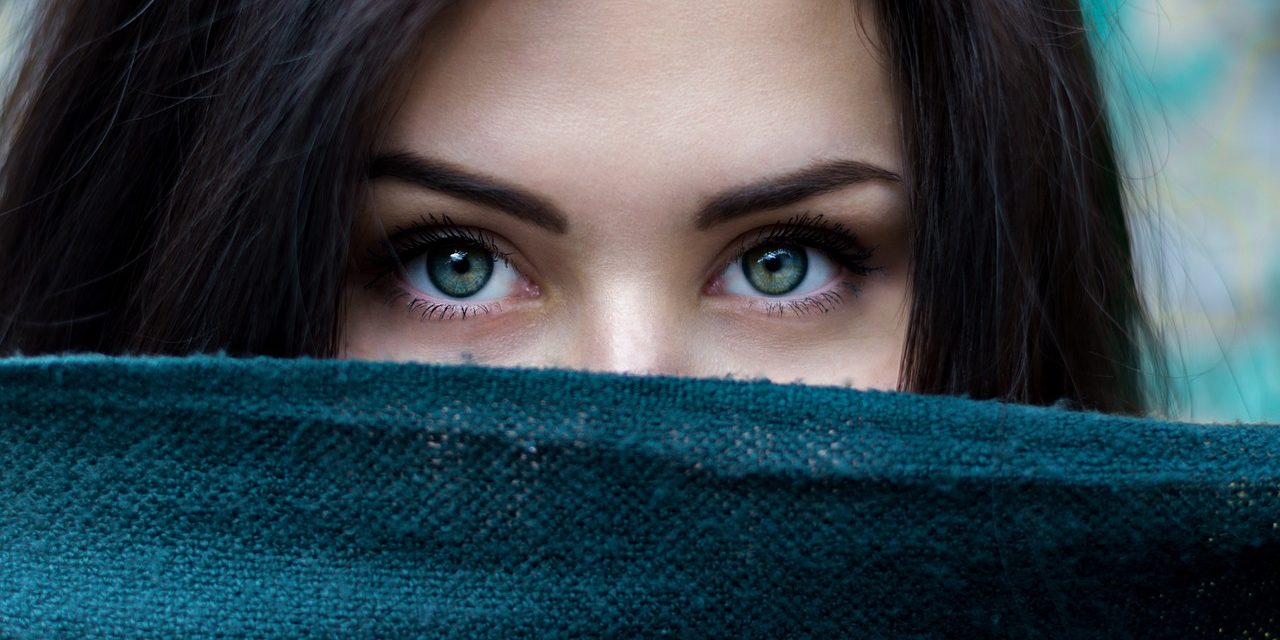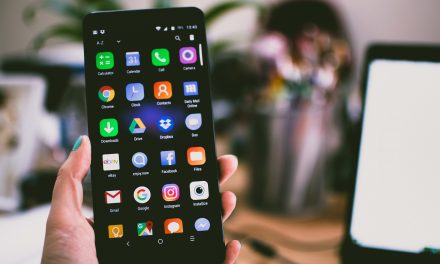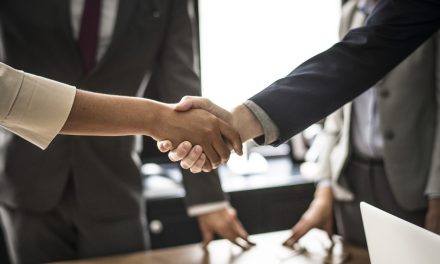- Causes of eyebrow hair loss include medical conditions, aging, nutritional deficiencies, stress and anxiety, and chemotherapy.
- Treatment options for eyebrow hair loss include topical treatments, oral medications, hair transplants, and pomades.
- Prevention mechanisms such as avoiding over-plucking, applying minimal pressure to the brow area, and eating a balanced diet can help reduce the risk of eyebrow hair loss.
- If you’re experiencing sudden or unusual eyebrow hair loss, it’s essential to consult a professional for proper diagnosis and treatment.
Your eyebrows play a significant role in framing your face, highlighting your eyes, and giving a unique touch to your appearance. However, many people experience eyebrow hair loss, leading to sparse, uneven, or thin brows. While you may think it’s not a big deal, it can impact your self-esteem and make you feel less confident. Here are the causes of eyebrow hair loss, treatment options, prevention mechanisms, and when to see a professional.
Causes of Eyebrow Hair Loss
There are various causes behind eyebrow hair loss. Here are some of them:
Medical Conditions
Several medical conditions can cause eyebrow hair loss. Alopecia areata is an autoimmune disorder that causes hair loss on the scalp, eyebrows, and other body parts. Thyroid disorders, such as hypothyroidism and hyperthyroidism, can also lead to hair loss. Other medical conditions that can cause eyebrow hair loss include eczema, psoriasis, and lupus. If you’re experiencing sudden or unusual hair loss, it’s essential to consult a doctor to determine the underlying cause.
Aging
As people age, their eyebrows naturally thin out, and the hair may become sparser. This is due to a decrease in hormone production that stimulates hair growth. Also, over-plucking, waxing, or threading can damage hair follicles, leading to permanent hair loss.
Nutritional Deficiencies
Like any other body part, your eyebrows require proper nutrition to grow and stay healthy. Nutritional deficiencies such as a lack of protein, iron, or vitamin D can affect the growth and quality of your eyebrows, leading to hair loss. Additionally, a diet high in processed foods, sugar, and salt can affect the body’s ability to absorb nutrients correctly.
Stress and Anxiety
Stress and anxiety can impact the body in several ways, including hair loss. When you’re under stress, your body produces higher cortisol levels, a hormone that can disrupt the hair growth cycle. Stress and anxiety can also lead to other habits, such as pulling at hair, rubbing eyebrows, or scratching, which can damage hair follicles and lead to hair loss.
Chemotherapy
Chemotherapy is a cancer treatment that can lead to hair loss, including eyebrows and eyelashes. Chemotherapy drugs attack cancer cells, but your other cells may also be at risk. Hair loss due to chemotherapy is usually temporary, and most people recover their hair within a few months after treatment ends.
Treatment Options
Various treatment options are available for eyebrow hair loss, depending on the cause. Here are some of those treatment options:
Topical Treatments
For medical conditions such as alopecia areata and psoriasis, topical treatments can help stimulate hair growth. These treatments usually contain minoxidil or corticosteroids that can help regrow hair in the affected area.
Oral Medications
Sometimes, oral medications may be prescribed to help stimulate hair growth. These medications can include steroids, biotin supplements, and certain antibiotics.
Hair Transplants
Hair transplants are a treatment option for people with permanent eyebrow hair loss due to aging or over-plucking. During the procedure, healthy hairs from other body parts are transplanted into the eyebrow area to restore fullness and shape.
Pomades
If you need a quick fix for thinning eyebrows, pomades can help. Pomades are cosmetics that contain natural waxes and pigments that can fill in sparse areas of the eyebrow and make them look fuller. A good choice is Anastasia Beverly Hills dip brow pomade. This pomade is made from natural waxes and pigments that can give you fuller-looking brows.
Prevention Mechanisms
To reduce the risk of eyebrow hair loss, here are some prevention mechanisms you can follow:
Avoid Over-Plucking
Over-plucking over-tweezing your brows can damage the hair follicles, leading to permanent hair loss. Use a clean tweezer to keep your eyebrows in shape, and pull the hairs individually.
Avoid Applying Excessive Pressure
Excessive pressure on the brow area can irritate the hair follicles, leading to damage and hair loss. Avoid harsh rubbing motions or tightly tying your hair back to keep your eyebrows healthy.
Eat a Balanced Diet
A balanced diet can help prevent deficiencies that could lead to hair loss. Ensure you include plenty of protein, iron, and vitamin D in your diet to ensure your body gets the proper nutrients for healthy hair growth.
When to See a Professional
If you’re experiencing sudden or unusual eyebrow hair loss, it’s essential to consult a doctor. A professional can identify the underlying cause of your condition and recommend appropriate treatment options. Your doctor may also refer you to a dermatologist for further evaluation.
Certain conditions can cause eyebrow hair loss. However, there are treatments and prevention mechanisms that can help. If you’re experiencing sudden or unusual eyebrow hair loss, seeking professional medical help is essential. With the proper care and treatment, you can restore your eyebrows and regain confidence. Remember that when it comes to your appearance, taking care of yourself is essential!

